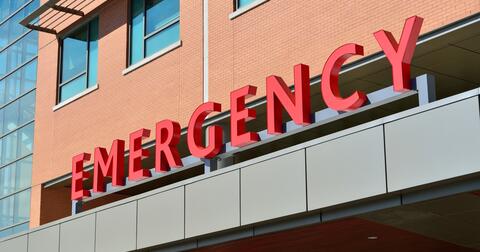Hospitals Collect More Fed Drug Purchase Subsidies, Intended Beneficiaries Don’t Get More Care
Studies’ evidence suggest federal program is mostly padding hospitals’ bottom lines
A federal program that involves pharmaceutical companies selling drugs to hospitals at discounted prices may also be giving hospitals a profitable new revenue stream. Two studies in the past year have found that hospitals are purchasing growing quantities of discounted drugs. But there is little evidence, they find, that low-income patients are benefiting from the program, which was its original intent.
The federal program called 340B applies to drug makers that want to serve the markets funded by Medicare and Medicaid. Under it, the companies must sell certain drugs at a discount to hospitals said to serve lower income populations.
In March 2022, the Massachusetts-based Pioneer Institute released a report that said costs related the 340B drug-discount program had exploded, even as the amount of charity care hospitals gave declined. The study found that nationwide, drug purchases in the program rose from $9 billion in 2014 to $38 billion in 2020.
The study raised the question of why hospitals spent significantly more money on drugs and assisted fewer people who lacked insurance coverage. The study noted also that enlarging the Medicaid program under the Affordable Care Act increased public spending costs.
“Yet, if there was a declining need for charity care, why did the 340B program expand so exponentially?” the Pioneer Institute study asked. “Shouldn’t the program have witnessed a decline when the populations it was intended to serve gained insurance coverage?”
A November 2021 analysis of 340B program by the California-based Pacific Research Institute had similar findings. That report looked at 25 large hospitals in diverse regions and concluded there was little evidence that 340B hospitals were doing more to help the poor.
Four of those hospitals were in Michigan: a Beaumont facility in Southfield, Munson Medical Center in Traverse City, MidMichigan Medical Center in Midland and Covenant Healthcare in Saginaw.
There were 86 hospitals in Michigan that participate in the 340b program, as of July 2021.
Participation in the 340B program has increased 31% nationwide from 2010 to 2020. There were 12,700 hospitals and other entities that participated in 2020, according to the U.S. Government Accountability Office.
Michigan Capitol Confidential is the news source produced by the Mackinac Center for Public Policy. Michigan Capitol Confidential reports with a free-market news perspective.

